Anglo Saxon England Podcast
All Episodes
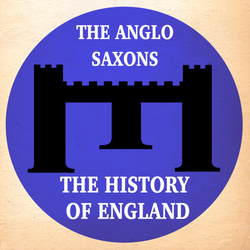
1. 1.1 Why, oh Why?
07:35||Season 1, Ep. 1This is just the start...a brief explanation of why I've decided to start a new podcast on Anglo Saxon England. As if I need an excuse.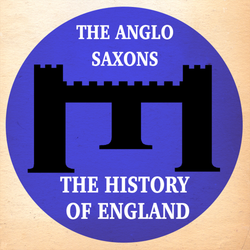
1. 1.2 Chronicles and Arguments
32:32||Season 1, Ep. 1This week is about the people who kept a written record of the Anglo Saxon age, and what later generations thought about the Anglo Saxons.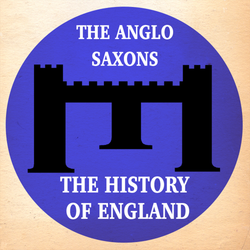
3. 1.3 Change and Calamity
33:15||Season 1, Ep. 3This is the story of late antique Britain. How in the 3rd to 5th centuries, Britain went through two waves of economic dislocation and transformation, that changed the face of British society.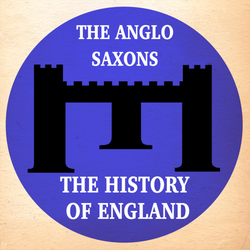
4. 1.4 Adventus Saxonum
37:50||Season 1, Ep. 4The traditional story of the arrival of the Anglo Saxons is one of death and destruction, and the catastrophic and complete replacement of a British population by a new Germanic race within a generation. But there are other theories too - much more peaceful, much more gradual.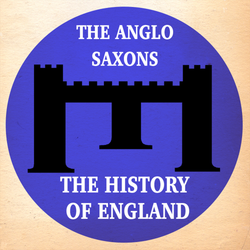
5. 1.5 Building a New World
31:55||Season 1, Ep. 5What kind of society had arrived in Roman Britain? How how did societies and communities form and become the kingdoms before the days of the Heptarchy.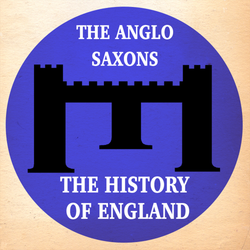
6. 1.6 Founding Kingdoms
34:14||Season 1, Ep. 6It's difficult to know how much to believe of the stories relayed in the Anglo Saxon Chronicle about the formation of the early kingdoms - do they simply reflect the history they wished they'd had? Plus, was Arthur a legend or reality?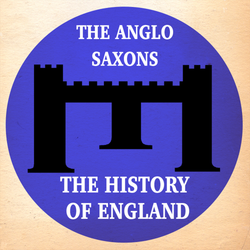
7. 1.7 The Life and Times of Penda Part I
37:47||Season 1, Ep. 77th Century England was inherently unstable, populated by a patchwork of communities, petty kingdoms successful and less so. Into this pagan mix also comes the lure of Christianity again. Meanwhile, in central England a pagan warrior called Penda became king, probably in 626.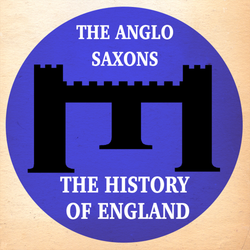
8. 1.8 The Life and Times of Penda Part II
35:01||Season 1, Ep. 8Through much of the 7th Century, Penda increased the power and influence of the Mercians. He built his kingdom as a traditional warrior, tribal leader - defeating the Northumbrians, and East Anglians, raiding and gathering treasure, rewarding his followers; spreading his influence by marriage, exercising control by influence where he could, by force where he could not. In the long run, Penda was part of the past, rather than the future - the role of leadership was changing for those that called themselves king; the arts of peace and prosperity based around a geographical were called for now; the time of the tribal war leader bringing tribes together under his leadership was fading. That doesn't mean Penda didn't leave a legacy; he created a consolidated, powerful Mercian state that would dominate the 8th century, and England until the Vikings arrived to shake everything up.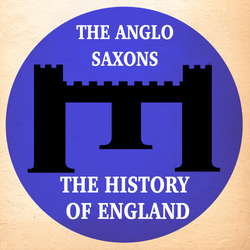
9. 1.9 Conversion
30:21||Season 1, Ep. 9At the start of the 7th century England was a basically pagan country; by the end of it it was officially at least Christian. While no doubt many pagans still held on, Whitred of Kent's laws began to embed Christianity into the fabric of English kingdoms.
loading...